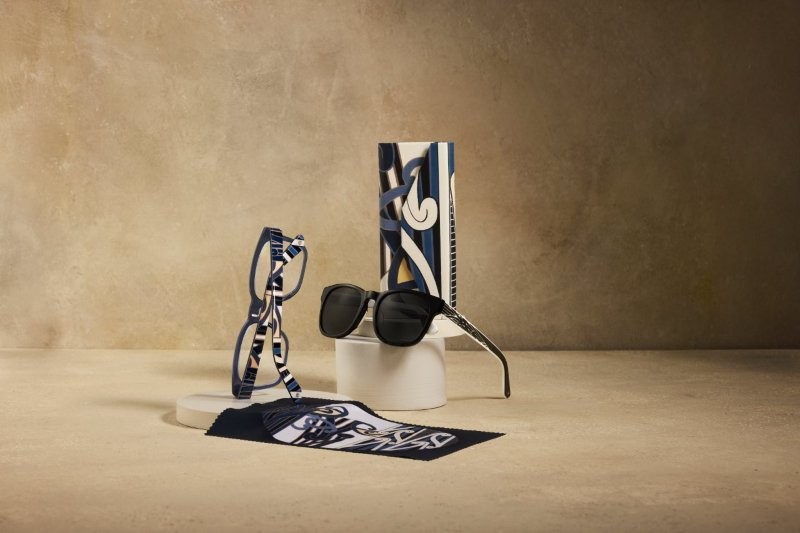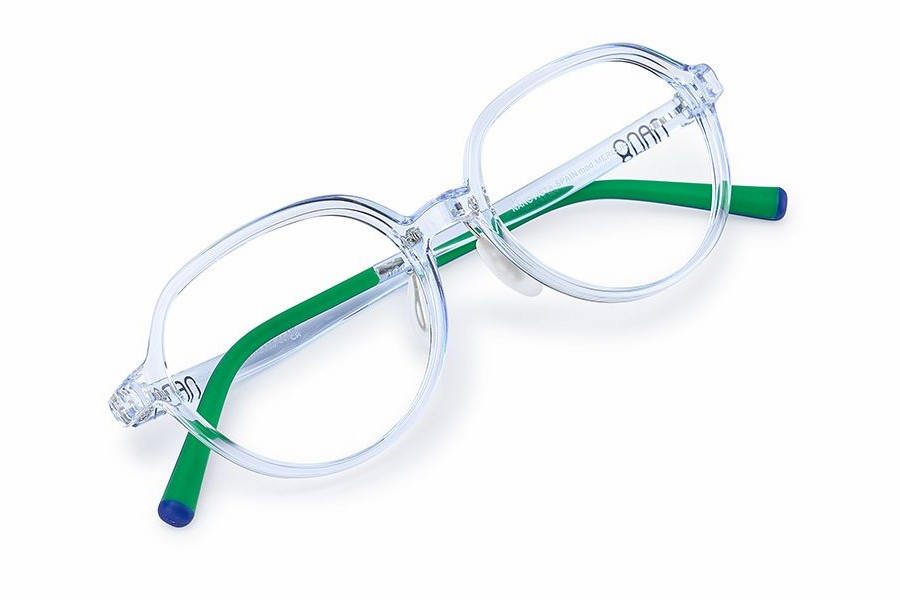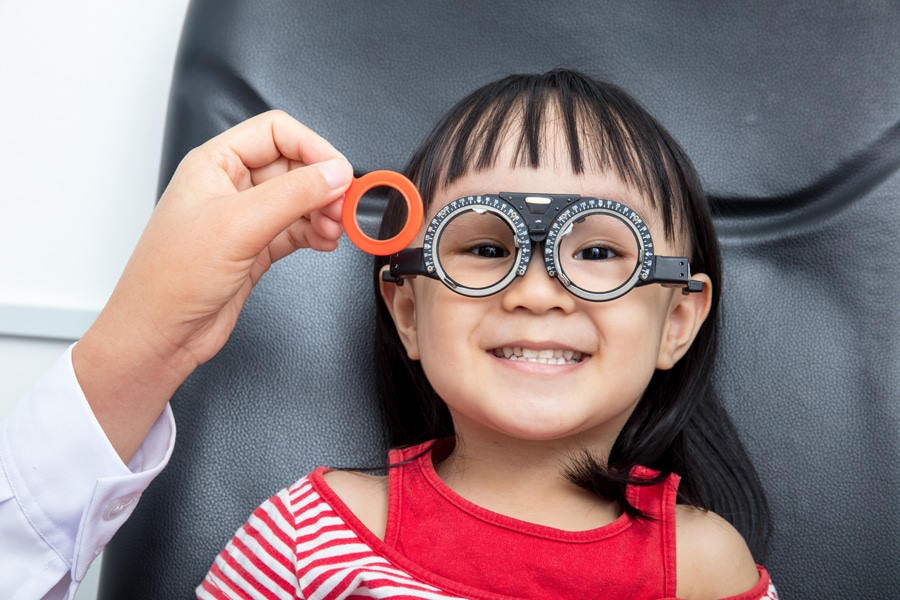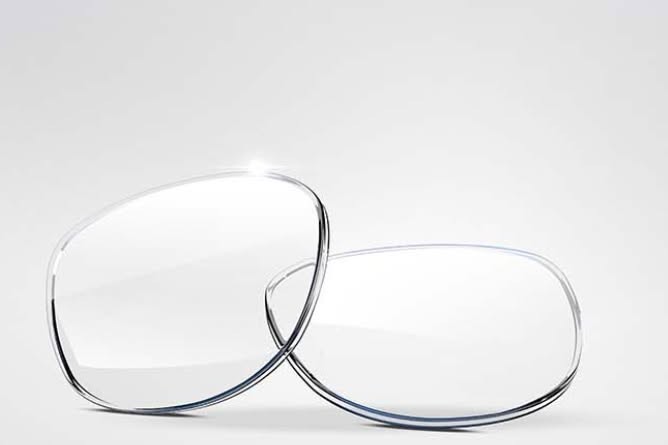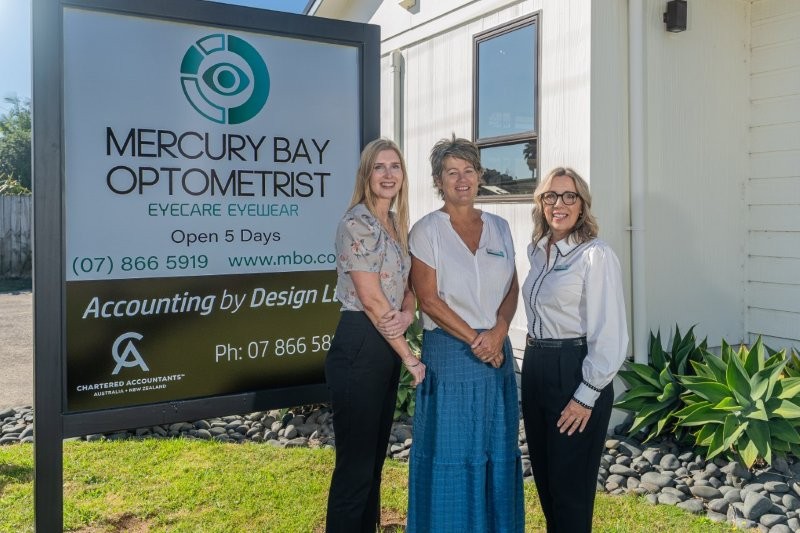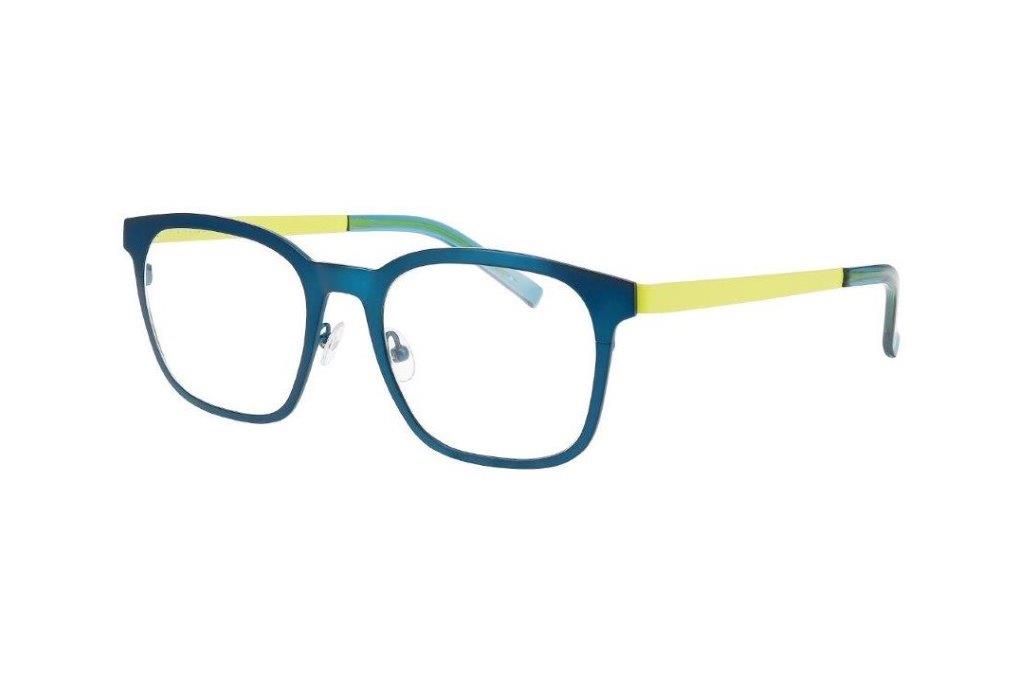A robotic guide dog?
Inspired by virtual reality gaming consoles, a British university student has developed a hand-held robotic guide dog, called Theia, that can offer guidance and mobility freedom for blind people who are unable to have a guide dog.
“The intention was never to replace guide dogs but instead to provide alternative ways of giving enhanced mobility options to visually impaired people who are unable to have a guide dog or need a more affordable solution,” said Theia’s creator, industrial design and technology student Anthony Camu from Loughborough University in Leicestershire.
The portable and concealable handheld device guides users through outdoor environments and large indoor spaces with very little user input, using gyroscope technology to pull the user in the correct direction, said Camu adding the experience feels a little like holding a dog’s lead or a friend’s elbow.
Upon receiving a voice command, Theia programmes a route using a mapping system that considers the ease and safety of a given path and other matters relevant to blind people. Instead of telling the user where to go, the direction of the pull leads the user along the programmed route, leaving the user to focus on other things, he said. “Theia has the capacity to expand a blind person’s comfort zones and possibilities, broaden their horizons and allow them to think less about walking and more about what’s waiting for them at the end of the route.”











